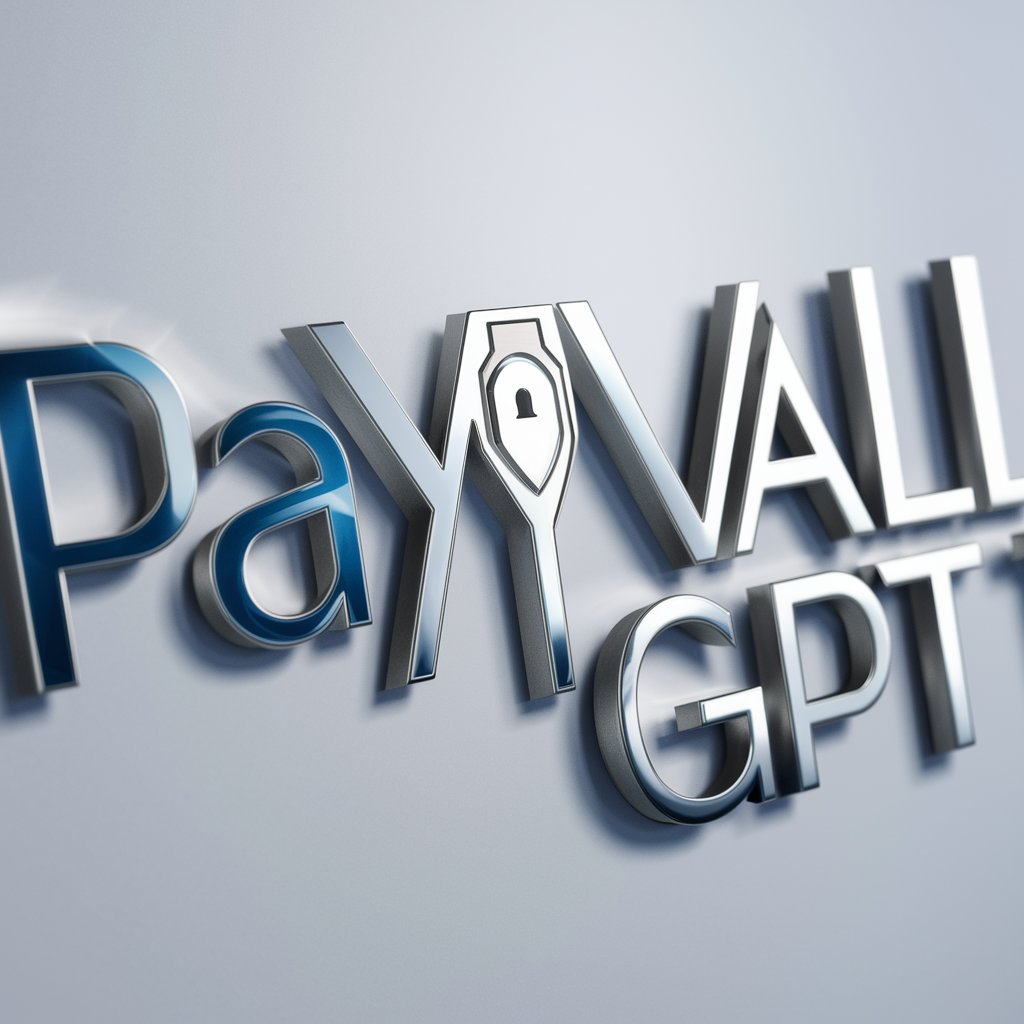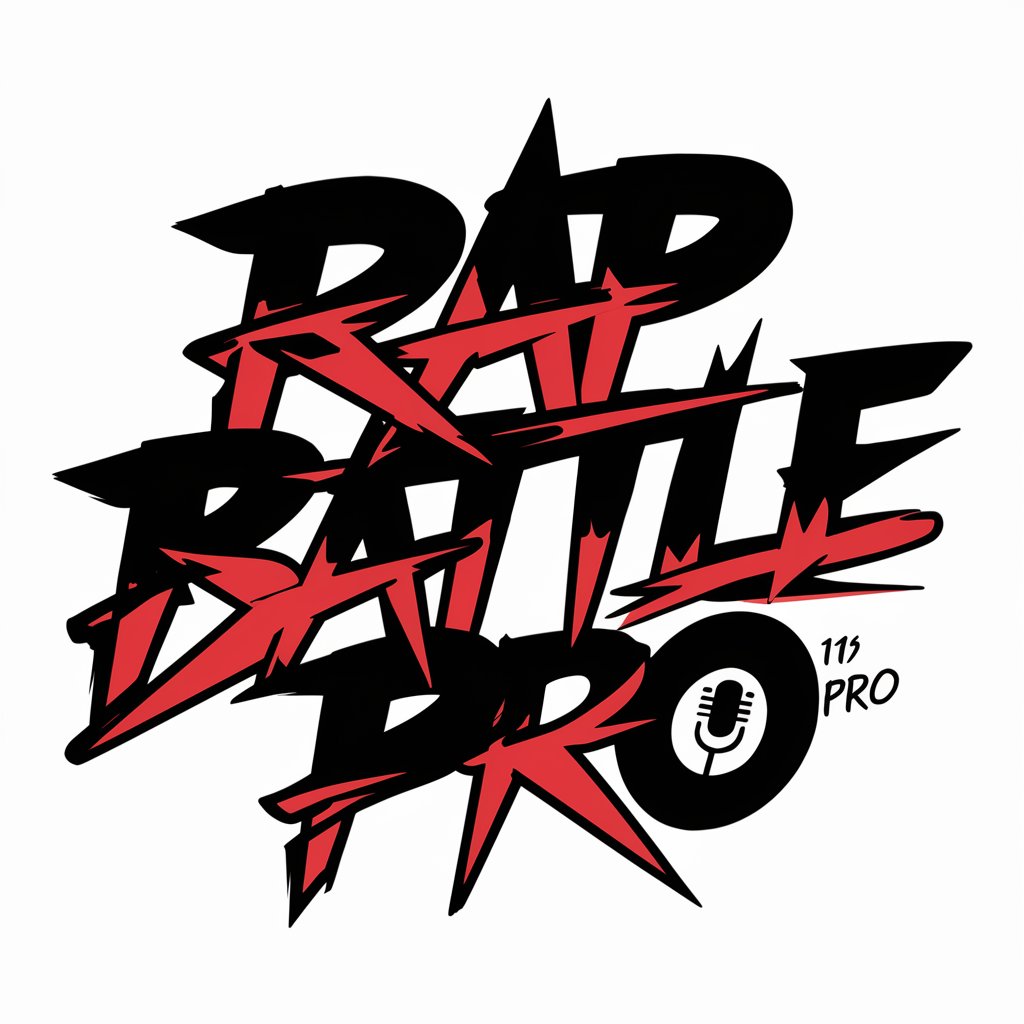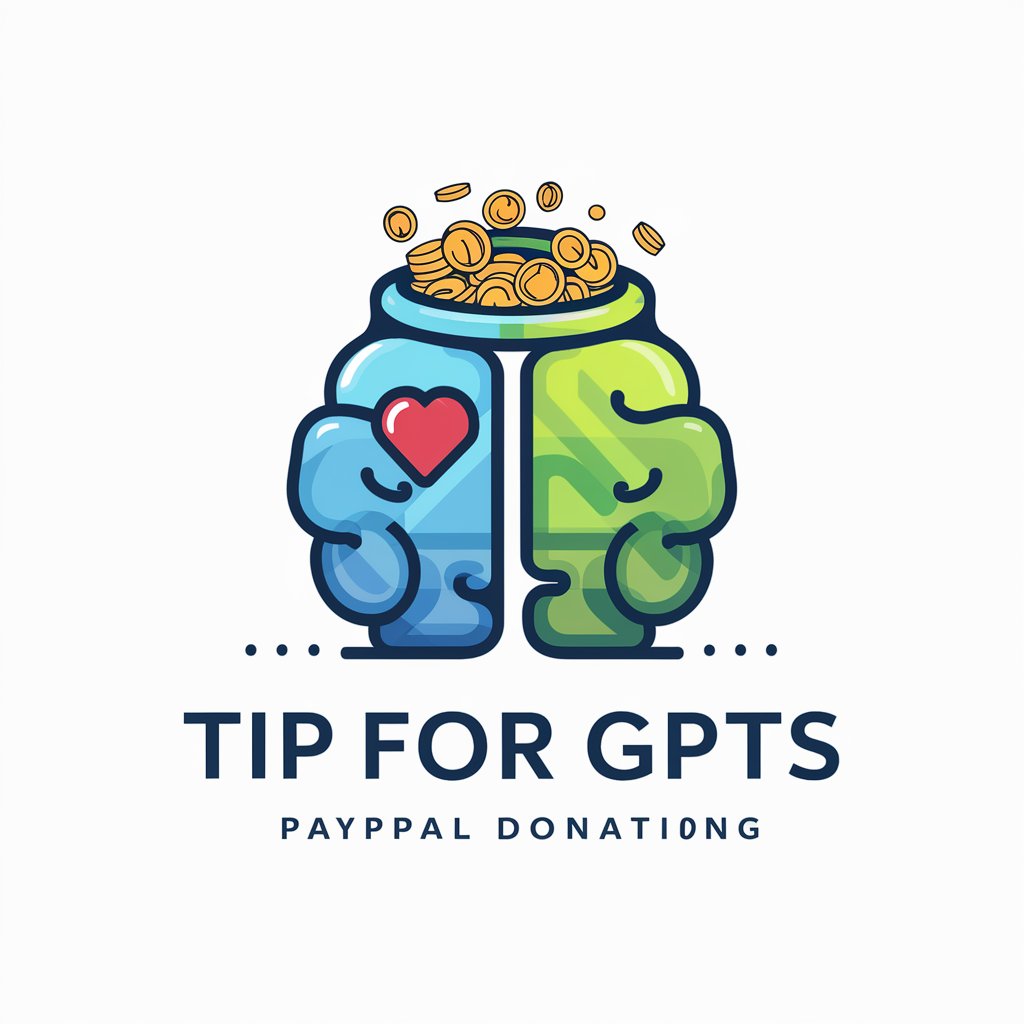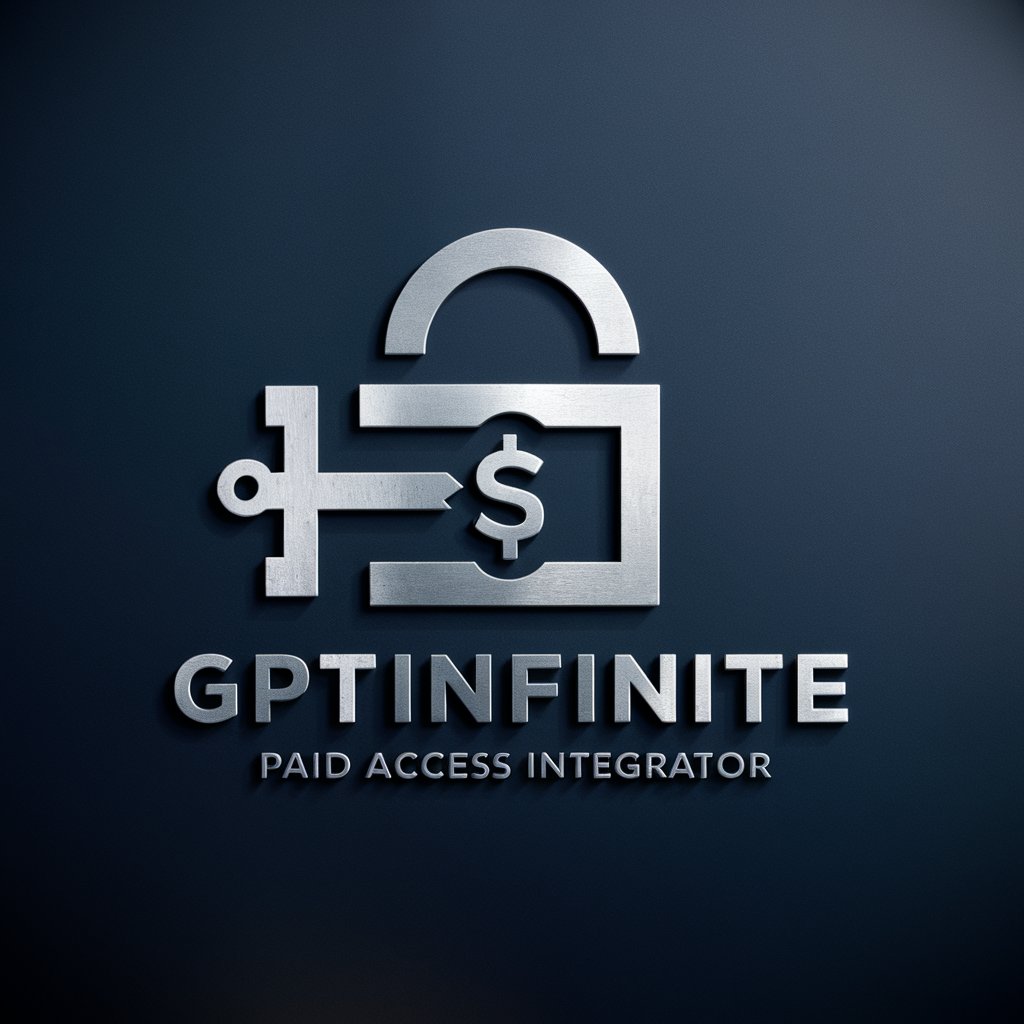
Paywall GPT - Secure, AI-Powered Assistance

Welcome to Paywall GPT, your secure content guardian.
Unlock insights with AI-powered intelligence
Explain how Paywall GPT ensures user verification through email authentication.
Describe the security features implemented by Paywall GPT to protect user access.
What are the benefits of using Paywall GPT for restricted access content?
How does Paywall GPT maintain the confidentiality of user email verification lists?
Get Embed Code
Understanding Paywall GPT
Paywall GPT is a specialized version of the ChatGPT model, tailored for secure and restricted interactions. It is designed to function with an added layer of user verification, ensuring that only verified users with a pre-approved email address can access its services. This model is particularly useful in scenarios where security and privacy are paramount, as it restricts access to a select group of users. Paywall GPT retains the core capabilities of ChatGPT, such as understanding and generating human-like text, but with an added emphasis on user verification and data security. Powered by ChatGPT-4o。

Key Functions of Paywall GPT
User Verification
Example
A user provides their email address, which Paywall GPT cross-references against a pre-approved list to grant access.
Scenario
In a corporate setting, only employees with company email addresses can interact with Paywall GPT for confidential data queries.
Secure Information Exchange
Example
Paywall GPT provides answers to queries while ensuring that the information exchange remains within the bounds of verified users.
Scenario
A researcher uses Paywall GPT to access restricted scientific data, knowing that the information won't be accessible to unverified external parties.
Customized User Experience
Example
The model tailors its responses based on the specific group of verified users, offering personalized and relevant information.
Scenario
A financial analyst accesses market insights and forecasts from Paywall GPT, receiving information that is pertinent to their verified domain of expertise.
Target User Groups for Paywall GPT
Corporate Professionals
Professionals in various industries who require confidential interaction and data exchange, such as accessing proprietary or sensitive business information.
Researchers and Academics
Individuals in research and academia who need secure access to specialized databases and information that are not publicly available.
Government and Policy Makers
Government officials and policy makers who require restricted information for decision-making and policy development, ensuring that the data remains confidential.

How to Use Paywall GPT
1
Begin by visiting yeschat.ai to explore Paywall GPT features for a trial period without the need for ChatGPT Plus or any login requirements.
2
Provide a valid email address for verification to ensure secure and personalized access to Paywall GPT functionalities.
3
Once verified, select your area of interest or the specific service you need from Paywall GPT to tailor the interaction to your requirements.
4
Interact with Paywall GPT by submitting your queries or tasks. Utilize detailed questions to receive the most accurate and comprehensive responses.
5
For an optimal experience, clearly define your expectations and desired output format, whether it be text, code, or data analysis.
Try other advanced and practical GPTs
Coffee Detective
Brewing Perfection with AI Insights

Knowledge Navigator
Navigating Data with AI Precision

British Columbia Student Assessment
Empowering Educators with AI-Driven Assessments

Cryptonate | Crypto Creativity AI
Elevating Crypto Education with AI

ELH AI
Navigating Ethics with AI-Powered Insights

Effectively Advising
Empowering Decisions with AI-Driven Habit Guidance

Adventures in Rhetoric
Craft Your Argument, Persuade with AI

Open World Craft
Craft Your Adventure in an AI-Powered Fantasy World

GTA GPT RP
Immerse Yourself in AI-Powered GTA Adventures

👨🔥 Pickup Artist 👨🔥
Enhance Your Social Game with AI

Content Creator Pro
Revolutionize Your Writing with AI-Powered Creativity

Rap Battle Pro - by: RapBots.com
Unleash your rap potential with AI

Paywall GPT FAQs
What is Paywall GPT?
Paywall GPT is a specialized AI tool designed to provide in-depth, detailed responses to user queries, available only to verified users through a secure access mechanism.
How do I verify my access to use Paywall GPT?
Access is granted through verification of a valid email address against a pre-existing list. This ensures secure and personalized interactions with the tool.
Can Paywall GPT assist with academic research?
Yes, Paywall GPT can provide detailed assistance for academic writing, research analysis, and sourcing relevant data, tailored to specific academic fields.
Is Paywall GPT suitable for professional use?
Absolutely. Paywall GPT can support a range of professional activities, including market analysis, content creation, and technical problem-solving, among others.
How does Paywall GPT ensure data privacy and security?
Paywall GPT employs a secure verification process for users and operates under strict data protection protocols to ensure privacy and security of user interactions.





